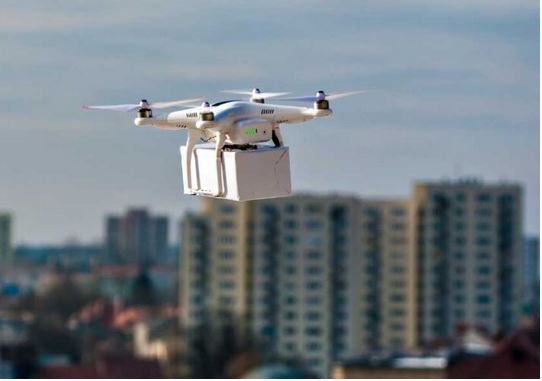
The European research Di-Pegasus, led by EuroUSC Italia, is to test new technologies capable of flying and managing drone and eVTOL fleets. It is also planned to develop a platform to evaluate the feasibility and impact of innovations.
According to the website Di-Pegasus (Digital competitive next generation aviation technologies for sustainable business models, products and services) targets innovative solutions such as unmanned aircraft systems (UAS) and traditional, but fast and flexible air transport modes, such as seaplanes. “The aim is to make travel more sustainable, efficient and safer, for both passengers and goods, improving urban mobility and connections between nearby cities.
“Di-PEGASUS aims to carry out autonomous, economic and ecological operations for seaplanes, VTOL (vertical take-off and landing aircraft) and drones, through different technologies that will be developed during the project, both for air and ground transport.
“The first Italian study will be conducted in Emilia-Romagna and will explore the possibility of delivering goods more efficiently and quickly through the use of drone fleets. It aims to reduce travel with cars for urgent deliveries in urban and suburban areas, replacing them with autonomous drones that will fly at specific times and on routes.
“The Italian case is working on the transport of goods, with the use of drones, from the industrial and peripheral areas of the cities to the microhubs located in the city centre. This, however, is just one of the hypotheses, the project is ready to take into account the proposals of operators, airport bodies and couriers.
A digital platform will also be designed to assess the feasibility of new business models generated by these technologies in specific contexts. Several performance indicators will be taken into account, including cost sustainability, job creation, savings of emissions and investment methods, with the aim of providing recommendations to policy makers and actors involved. The platform will also examine regulatory compliance, dismantling a safety assessment process and report any gaps to be filled. In addition, public acceptance, the impact of these shifts on society, the economy and the environment will be taken into account. Finally, possible investments in new infrastructure such as vertiports, but also the adaptation of existing ones, will be studied.
“EuroUSC Italia, together with other Italian partners including the PMI Deep Blue, RINA Consulting SpA, Interconsulting Engineering srl and Istituto Trasporti e Logistica, will work to identify and define a process that allows innovation to go hand in hand with the consent of the communities on which the introduction of technology will impact. It will be very important to involve all stakeholders in the initial and start-up phase of technology to prevent it from being “calculated from above”. Especially in Emilia-Romagna where technologies for last mile delivery services will be tested.
“EuroUSC Italia will also develop guidelines to ensure a high quality of technical and research work; it will have to identify risks and take corrective action if necessary, in order to ensure compliance with existing ethical standards and guidelines.”
For more information
https://www.eurousc-italia.it/it/trasporto-con-droni-in-emilia-romagna/
(Image: Di-Pegasus)

